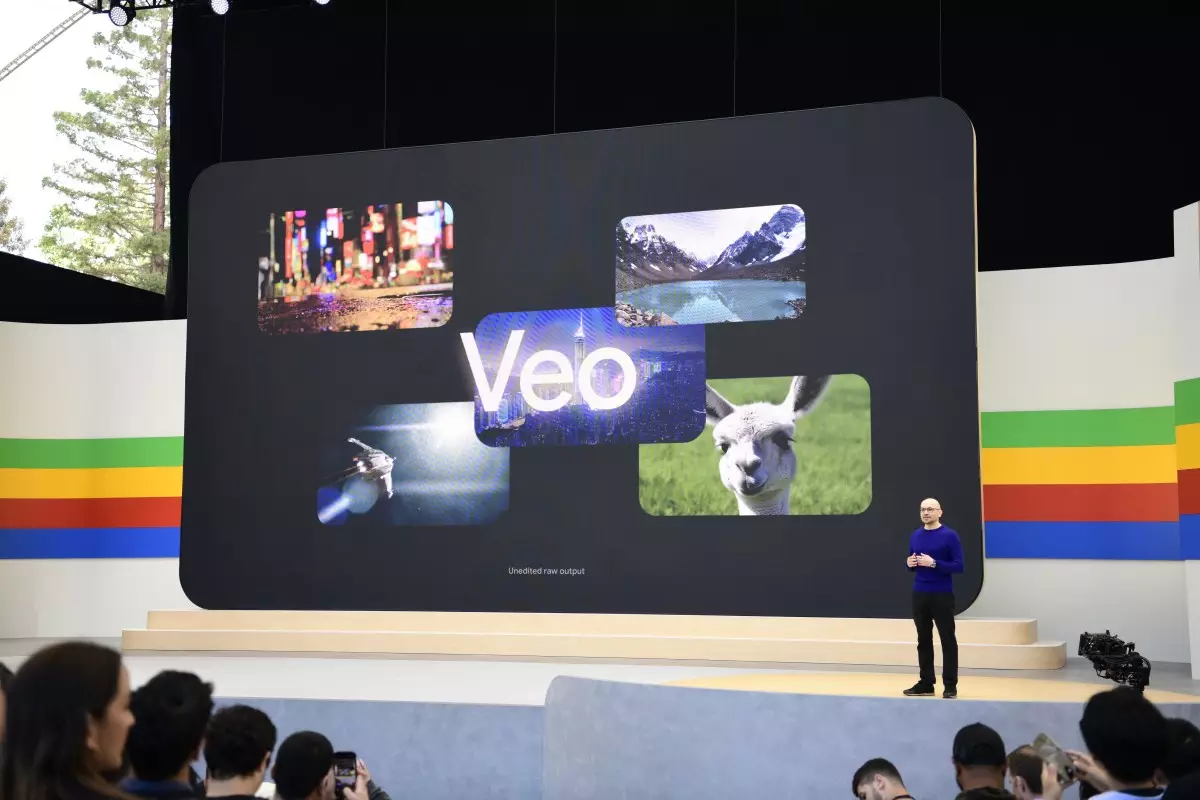Artificial Intelligence is rapidly transforming the landscape of entertainment and gaming, promising a future where virtual worlds are more immersive, dynamic, and personalized than ever before. With tech giants like Google ambitiously exploring the boundaries of AI capabilities—such as their latest video-generating models—the possibilities extend far beyond simple visual synthesis. This push hints at a revolution where AI not only creates stunning visuals but also constructs fully-fledged, responsive worlds that can interact with users in meaningful ways. The implications are staggering, challenging traditional notions of game design, storytelling, and user engagement.
From Video Generation to Living Worlds
Currently, models like Veo 3 excel at generating realistic videos and audio, creating compelling media content through sophisticated simulation of real-world physics. However, their utility in gaming remains limited, confined to passive content creation rather than active interaction. To truly redefine gaming, AI must evolve from generating cinematic visuals to building ‘world models’—systems that understand, simulate, and predict the behaviors within complex environments. These world models would serve as the backbone of playable universes, functioning akin to virtual brains that anticipate player actions and dynamically adapt the environment in real-time.
The Challenge of Creating True Playable Worlds
Developing these interactive worlds isn’t simply a matter of rendering impressive graphics; it demands a leap into creating seamless, real-time simulations that are consistent, controllable, and reactive. Current AI models like Veo 3 are inherently passive—they generate content but don’t possess agency or situational awareness. Transitioning to a true playable world would necessitate a hybrid approach, combining visual and audio generation with advanced simulation, decision-making, and physics engines. This integration would unlock experiences where players are not just watching a story unfold but actively shaping their environment, experiencing unpredictable yet coherent worlds driven by AI.
Google’s Strategic Position and the Future of AI Gaming
Google’s exploration of these concepts signals a strategic interest in the future of interactive AI. By hinting at the possibility of turning Veo 3 into a tool for game development, they acknowledge the immense potential behind these advancements. The development of models like Genie 2 and Gemini 2.5 Pro suggests that Google is investing heavily in creating multi-modal systems capable of simulating aspects of human cognition and environment dynamics. Should Google succeed, it could set a new standard in AI-driven entertainment, competing with other industry players like Microsoft, Scenario, and OpenAI, all of whom are venturing into similar territory.
Impacts on the Industry and Content Creation
The advent of AI-powered world models would revolutionize content creation, enabling developers to generate vast, explorable universes with minimal manual effort. Imagine games evolving in real-time based on player choices, not merely through pre-scripted scripts but through AI that adapts metabolically. Beyond gaming, this technology could revolutionize cinematic storytelling, from generating dynamic cutscenes to constructing immersive narratives that respond to viewers’ input. Such advancements could democratize content creation, giving independent creators and smaller studios tools once reserved for large corporations, fostering unprecedented innovation.
Ethical and Practical Considerations
While the promise is tantalizing, significant hurdles remain. Building responsive, predictable worlds requires surpassing current limitations of AI decision-making and physics simulation. There’s also the risk of misuse—misinformation, overreliance on synthetic worlds, and ethical dilemmas surrounding virtual environments that evolve beyond human control. Developers and industry leaders must approach these innovations responsibly, ensuring that AI’s integration into interactive entertainment serves to enhance human creativity rather than diminish it.
The movement toward AI-created, interactive worlds is not a distant dream but an emerging reality. Tech giants like Google are already planting the seeds for a future where gaming and storytelling become deeply personalized, dynamic, and autonomous. This convergence of video generation, world simulation, and AI cognition could fundamentally alter how we experience entertainment—making it more engaging, lifelike, and limitless. The journey is just beginning, but the destination promises to be nothing short of revolutionary.

